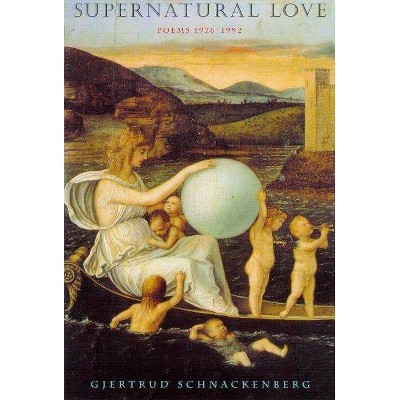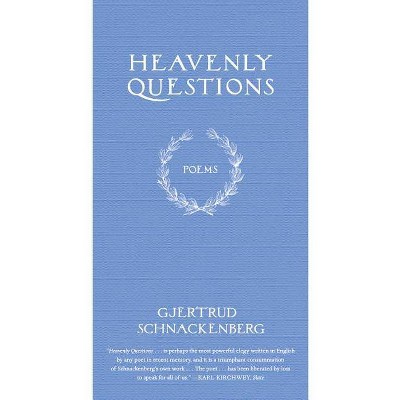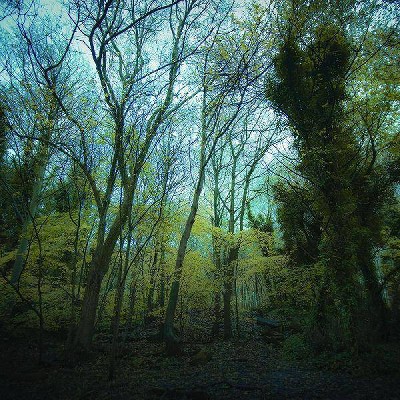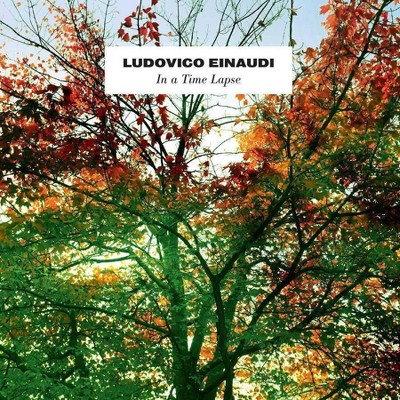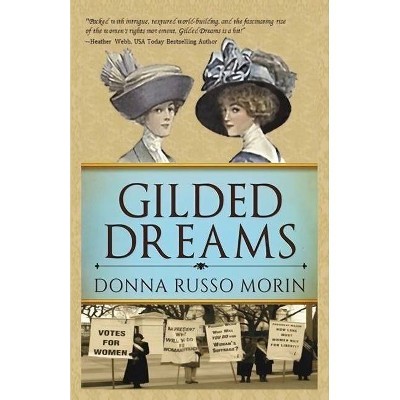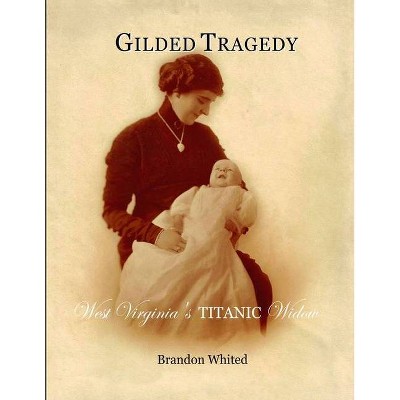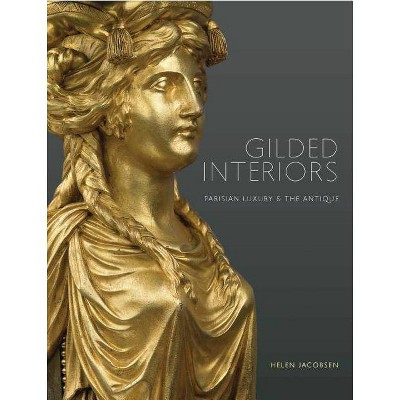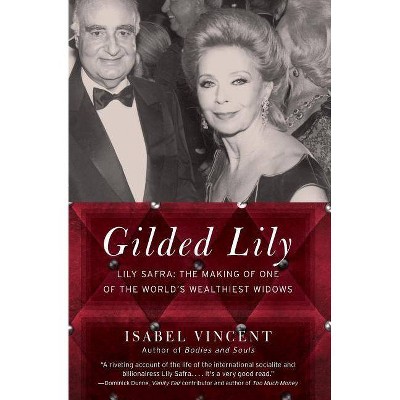A Gilded Lapse of Time - by Gjertrud Schnackenberg (Paperback)
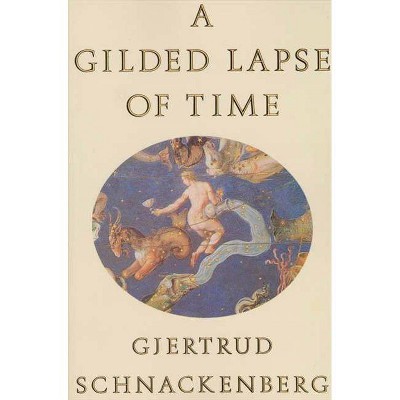
Similar Products
Products of same category from the store
AllProduct info
<p/><br></br><p><b> Book Synopsis </b></p></br></br><p>Nadine Gordimer once remarked that Gjertrud Schnackenberg's poems move me in a way that I don't really think I have experienced since I first read Rilke at sixteen or seventeen. <p/><i>A Gilded Lapse of Time</i>, Schnackenberg's third volume, is presented in three sections: the title sequence, concerning a visit to Dante's tomb in Ravenna; Crux of Radiance, a series of poems exploring the making and unmaking of the image of God in scenes from the Passion narrative; and A Monument in Utopia, about the destruction of the Russian poet Osip Mandelstam at the hands of Stalin. <p/>Setting legends of the Creation against history's record of catastrophe, setting acts of miraculous art-making against themes of God's world-making, the poems in <i>A Gilded Lapse of Time</i> search out the relationship between poetry and history, the ways they haunt one another, and the guilt that poetry and history share in one another's unfolding. The poet's treatment of the themes of human and divine handiwork--of earthly and celestial love, faith and refusal, oblivion and remembrance--attains to an incandescent vision of the past as a realm that lies before rather than behind us.</p><p/><br></br><p><b> From the Back Cover </b></p></br></br>This work of spiritual imagination appears seven years after Gjertrud Schnackenberg's second book, of which Nadine Gordimer wrote that it contains "poems that move me in a way that I don't really think I have experienced since I first read Rilke at sixteen or seventeen". A Gilded Lapse of Time is in three sections: the title sequence, surrounding a visit to Dante's tomb in Ravenna; "Crux of Radiance", a series of poems exploring the making and unmaking of the image of God in scenes from the Passion narrative; and "A Monument in Utopia", about the destruction of the Russian poet Osip Mandelstam at Stalin's hands. Setting legends of the Creation against history's record of catastrophe, setting acts of miraculous art-making against themes of God's world-making, these poems search out the relationship between poetry and history, the ways they haunt one another, and the guilt that poetry and history share in one another's unfolding. Her treatment of the themes of human and divine handiwork, of earthly and celestial love, of faith and refusal, of oblivion and remembrance, attains to an incandescent vision of the past as a realm that lies before rather than behind us.<p/><br></br><p><b> Review Quotes </b></p></br></br><br><p>"Schnackenberg has turned her erudition, technical mastery, and objectivity to extraordinary account, and has set wide new sights for poets of her generation. She has cracked open the lyric of personal anecdote and set it in the light of history. And she has drawn, from that breached and extended lyric, a pulse that is distinctively her own." --<i>Rosanna Warren, The New Republic</i> <p/>"<i>A Gilded Lapse of Time</i>, [Schnackenberg's] darkest and yet most radiant book, is divided into three poetic sequences so enraptured, so lost in annunciations and resurrections, that they might be called visions . . . [These] new poems have a leisurely grandeur; they are written in a melodic free verse, unfolding phrase by phrase into long, barely sustainable sentences. Less controlled by form than her earlier work, they show an unusual concern with the market of mind and religion, the movement of mind and philosophy. In her seriousness and glamour she is reminiscent of the British poet Geoffrey Hill, who is more repressed and less passionate. These dream visions, where one image shimmers over the next like water over water, glass over glass, sound like the voice of history--accusing, condemning, and rarely forgiving. [This] is one of the most difficult and moving books to appear in recent American poetry." --<i>William Logan, The New York Times Book Review</i></p><br><p/><br></br><p><b> About the Author </b></p></br></br><p><b>Gjertrud Schnackenberg</b> was born in Tacoma, Washington, in 1953. <i>The Throne of Labdacus </i>(FSG, 2000) received the <i>Los Angeles Times</i> Book Prize in Poetry.</p>
Price History
Cheapest price in the interval: 17 on October 27, 2021
Most expensive price in the interval: 17 on December 20, 2021
Price Archive shows prices from various stores, lets you see history and find the cheapest. There is no actual sale on the website. For all support, inquiry and suggestion messages communication@pricearchive.us
